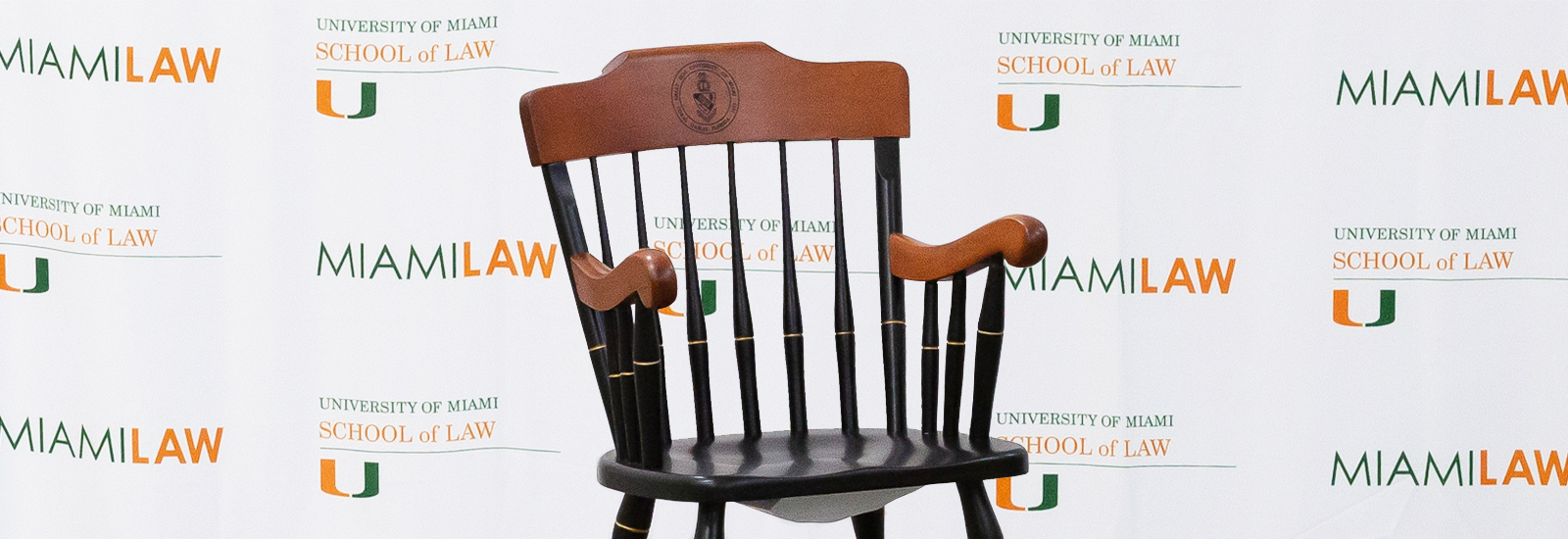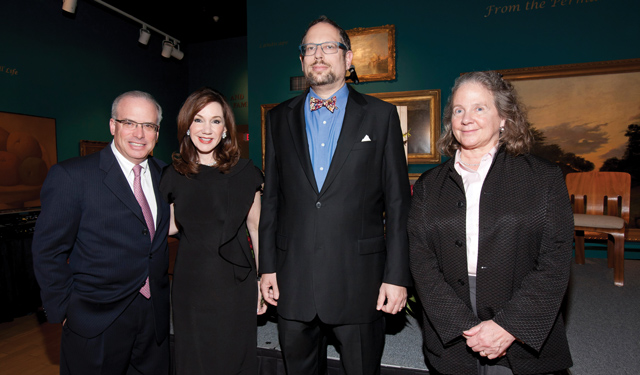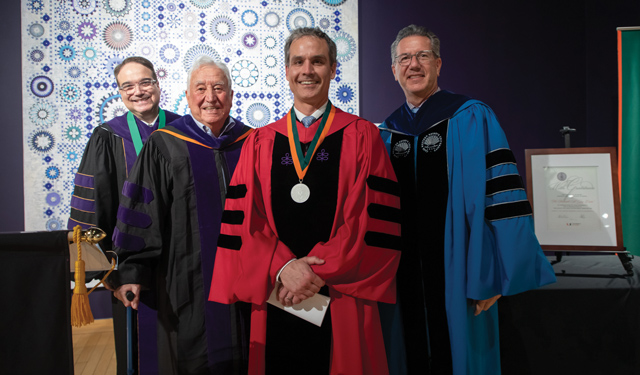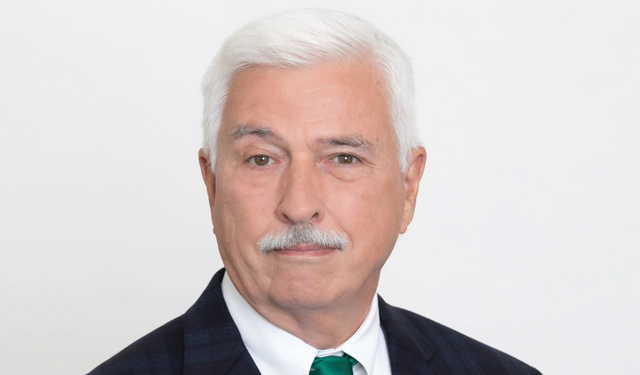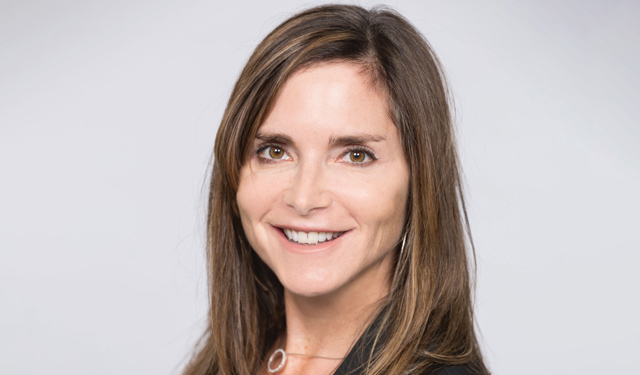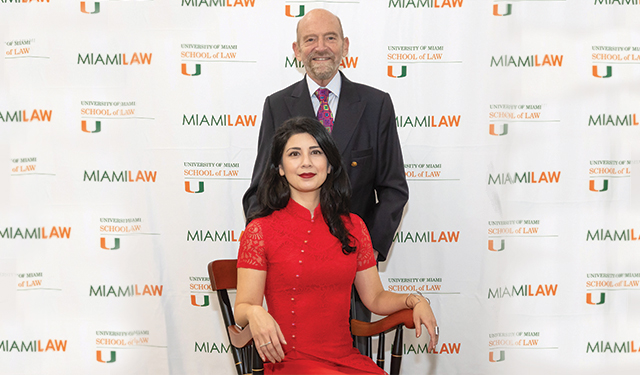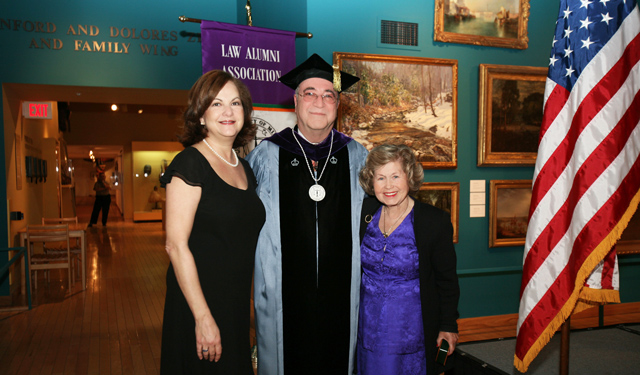by ANDI SPEEDY
In higher education, the strength and prominence of a program are often a direct reflection of its faculty. For the University of Miami School of Law, attracting the top minds from across multiple areas of law has earned the school national and international recognition. In March 2022, Miami Law was ranked #6 in Most Diverse Faculty and #9 on the Top Law Schools in the Southeast list by The Princeton Review as part of their 2022 report. The law school’s broad clinical law program is also considered among the country’s top-tier practical externship experiences, with cases heard at local, state, and federal levels.
Such accolades are essential faculty recruitment tools, but the school’s collection of endowed chairs and professorships are equally compelling. There are currently eight chairs and professorships, all of which were established through the generosity of Miami Law alumni:
Laurie Silvers and Mitchell Rubenstein Distinguished Professor of Law
held by:
Professor A. Michael Froomkin
Judge A. Jay Cristol Professor of Bankruptcy Law
held by:
Professor Andrew B. Dawson
de la Cruz/Mentschikoff Chair in Law and Economics
held by:
Professor William W. Bratton
Larry J. Hoffman, Greenberg Traurig Distinguished Professor in the Business of Law
held by:
Professor Michele DeStefano
Michael R. Klein Distinguished Scholar Chair
held by:
Professor Mary Anne Franks
Richard A. Hausler Professor of Law
held by:
Professor Bernard H. Oxman
M. Minnette Massey Professor of Law
held by:
Dean David Yellen
Robert C. Josefsberg Chair in Criminal Justice Advocacy
held by:
Professor Scott Sundby
In addition to recognizing the contributions a particular faculty member has made to the university and the legal profession, the chairs and professorships at the University of Miami enable a collaboration between the practice of law and the education of aspiring lawyers,said DeStefano, who was awarded her professorship in 2019.
“There needs to be more synergy between academia and practice so we can train our lawyers, create and fund new programs, and encourage new educational opportunities, research, and writing. Chairs and professorships form a symbiotic relationship [with the university] that only enhances the law marketplace by developing lawyers who know how the practice of law truly works.”
Franks agrees and believes the chairs and professorships serve an additional purpose.
“It shows the university appreciates and acknowledges a certain type of work,” she said. “This is meaningful because it means research or study is supported and celebrated for the nature of scholarly inquiry, not simply about popularity. It communicates to students that there is value to hard work and achievement within the field.”
Chairs and professorships can be incredibly effective ways for universities and donors to highlight and demonstrate diversity within the faculty, Franks said. In particular, when a university’s chairs are held by individuals from a wide range of backgrounds, it signals to students and the broader community that the institution values excellence, not limited by gender, race, or class.
Franks’ perspective is echoed by Froomkin, who said endowed chairs and professorships should not be underestimated when it comes to remaining competitive with other top law schools around the country.
“Some law schools have numerous chairs and professorships,” he said. “The University of Miami has several, but it would be nice to see that grow. Clearly, if someone holds a chair or professorship with one university, they typically want something comparable should they take a position at another university. A chair can also be an inducement to moving for someone who does not currently hold a chair or professorship elsewhere. It’s a way of not only attracting, but also retaining the best teaching talent. It’s quite possibly one of the most powerful contributions alumni or the community can make toward the university.”



